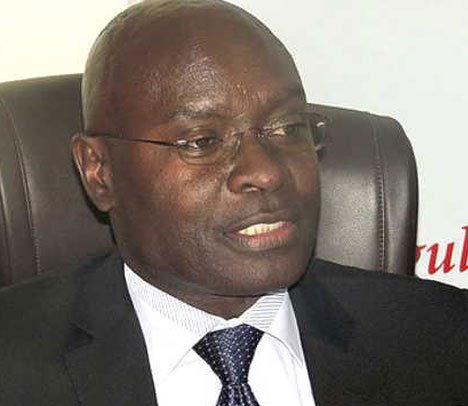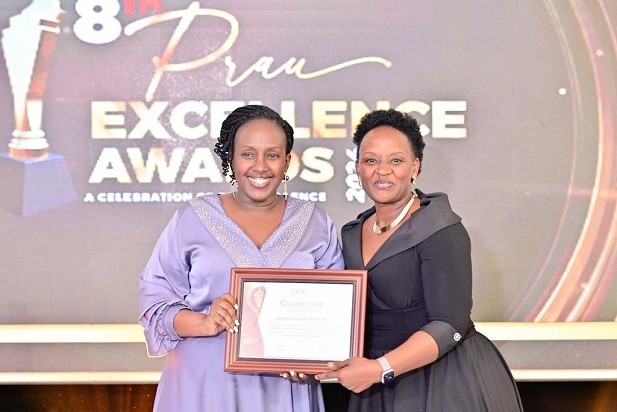The Electoral Commission (EC) wants to be mandated with powers to punish candidates who fail to comply with campaign timelines and regulations.
This request was made by Justice Simon Byabakama (in featured photo), Chairperson Electoral Commission while appearing before the Legal and Parliamentary Affairs Committee to submit the Commission’s views on electoral reforms that were tabled last month by Attorney General, William Byaruhanga.
Byabakama said although EC supports proposals tabled by the government, there is need to make further punitive proposals to restore sanity in Uganda’s electoral process.
“Since this is an electoral period, the Commission as the main managers of elections should have the first opportunity to call in order a particular candidate who is contravening the timelines for the campaign period. Because the process is cumbersome, there should be Police investigation, recording of statements, formal charge preferred, taken to court and by the time these processes are concluded, probably the elections have been concluded,” said Byabakama.
He added: “For us we feel, if the purpose is to address the acts of breaching campaign timelines, the sanctions should be immediate and one of those is for EC to exercise its powers and call this candidate to order by imposing a ban on some of his electoral program as agreed upon on campaign schedule.”
Government in its proposal is seeking to amend section 21 of Presidential Elections Act and stipulate time frame within which candidates can hold campaigns noting, “Notwithstanding subsection (1), a candidate shall hold campaigns between seven o’clock in the forenoon and six o’clock in the afternoon. A person who contravenes subsection (la) commits an offence and is liable, on conviction, to a fine not exceeding forty-eight currency points or imprisonment not exceeding two years or both.”





